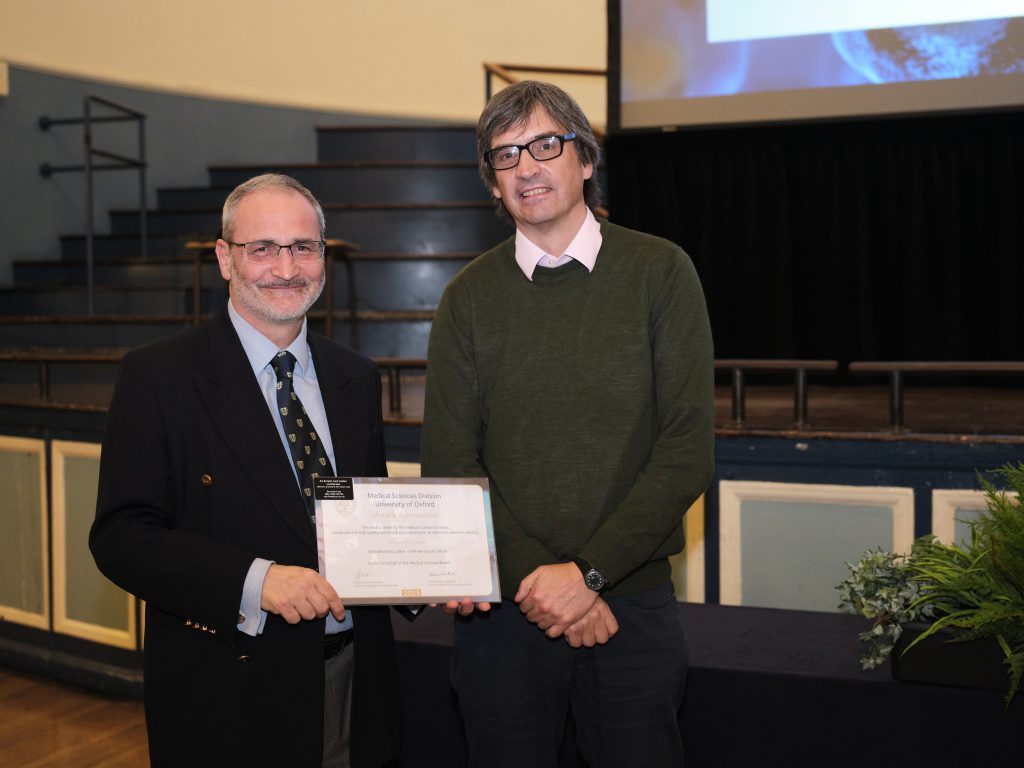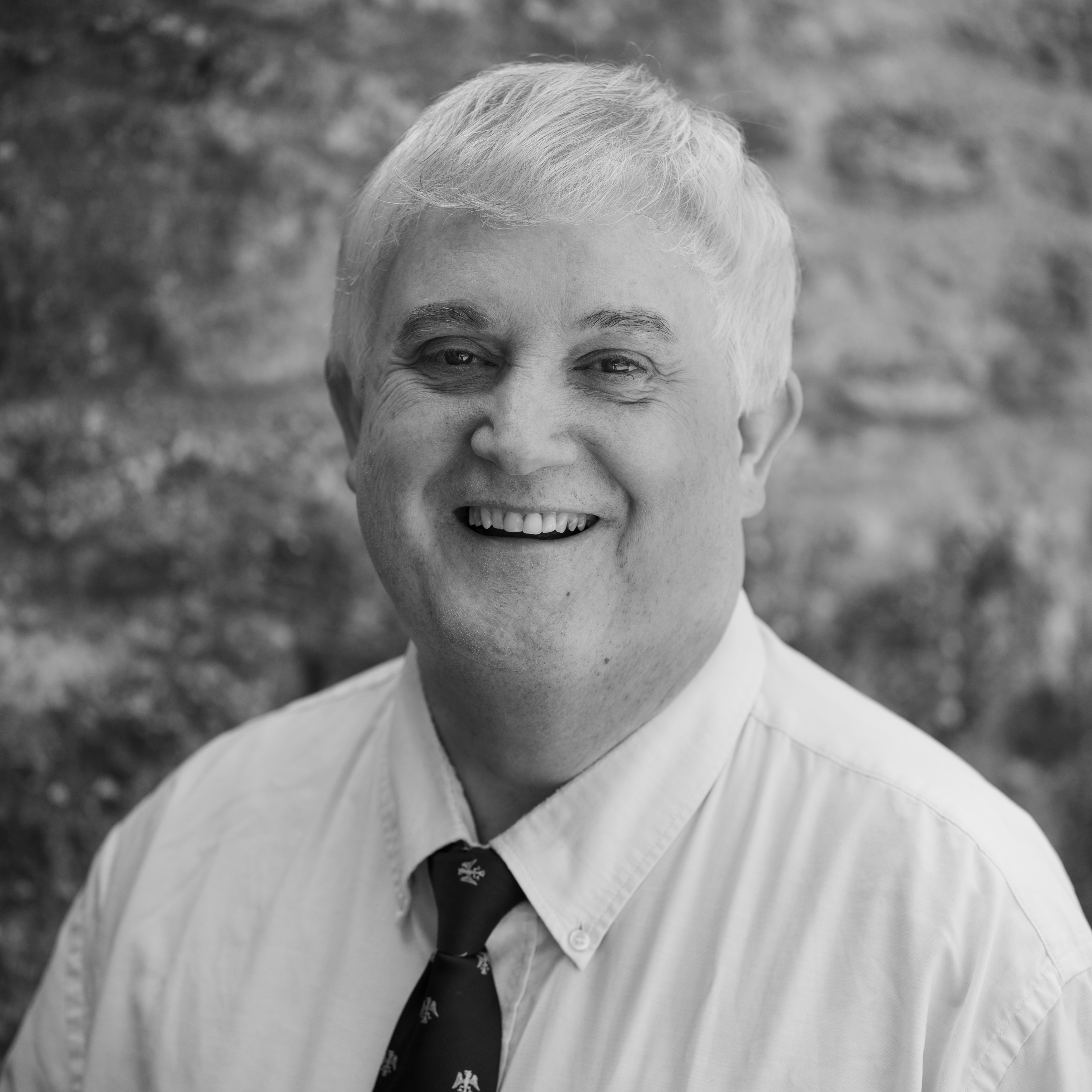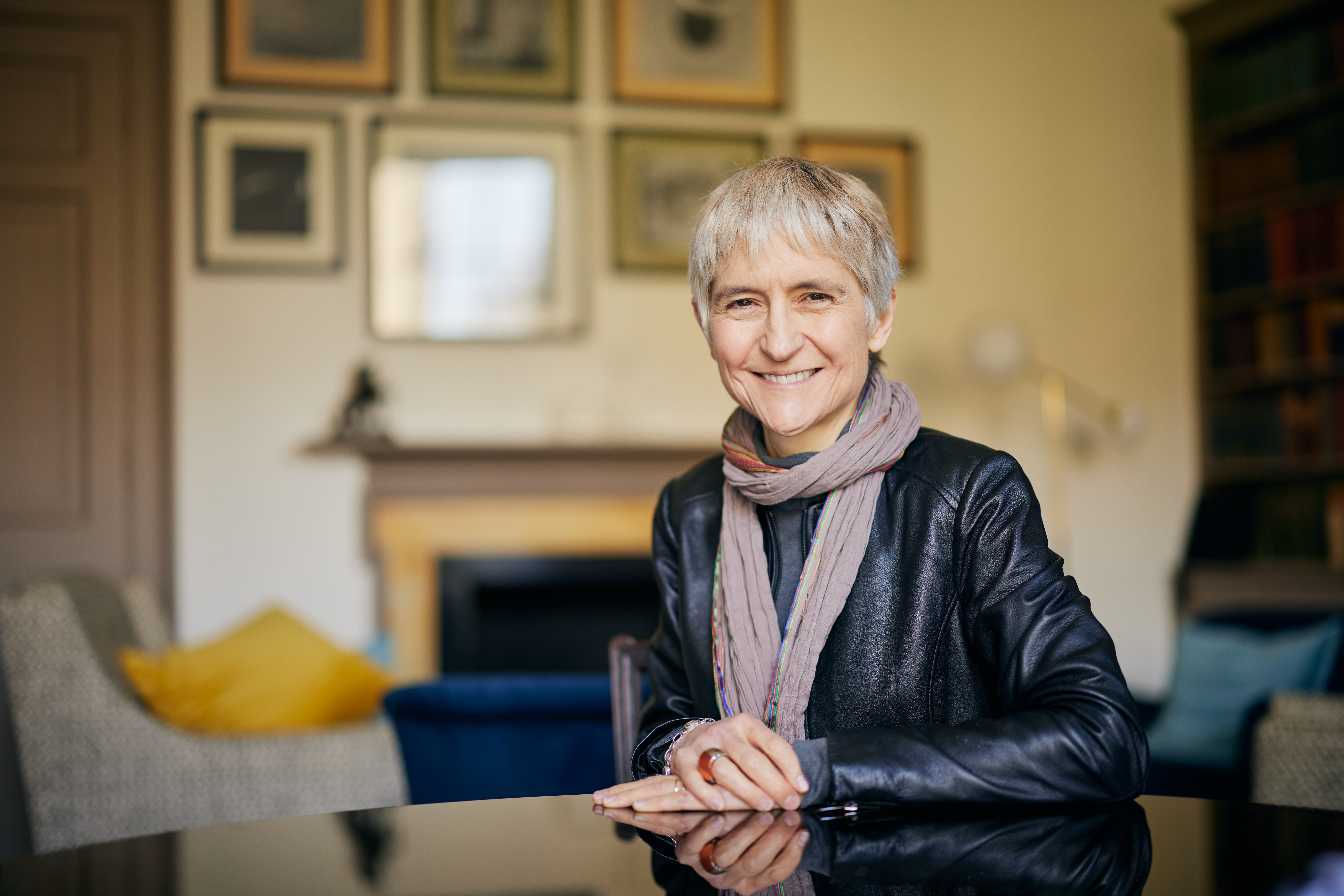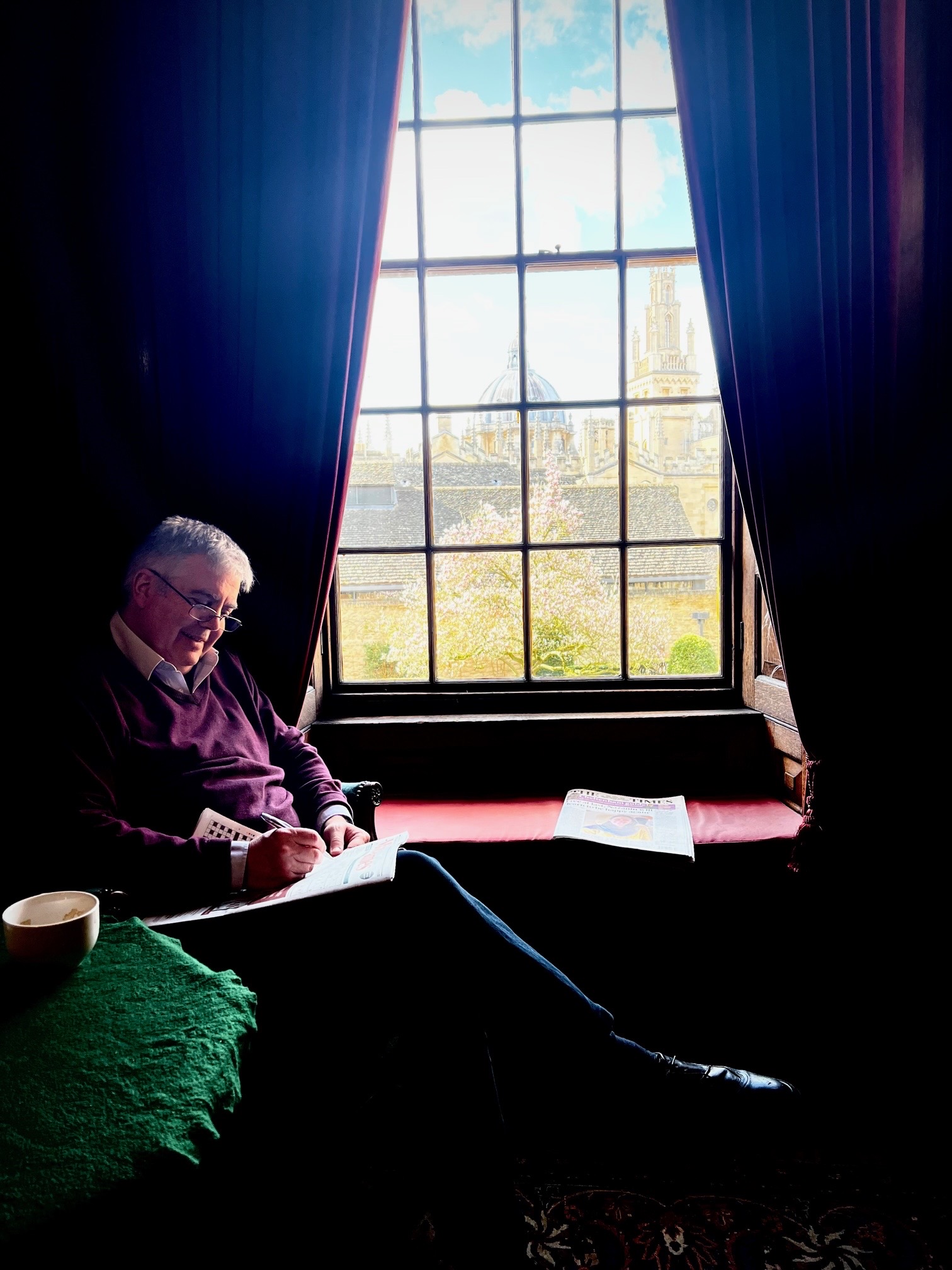The College warmly congratulates GP Tutor for Medical students Dr Laurence Leaver who has received a Lifetime Achievement Award from the Medical Sciences Division.
The College also congratulates Prof Chris Norbury who was awarded a Major Educator prize for his substantial and ongoing commitment to the teaching of students and the outstanding contribution to teaching excellence; Dr Paolo Tammaro, who was commended for high-quality supervision; and Clinical Tutor Dr Sarah Millette, who was recognised for a teaching project that will enable the scope to offer optional teaching in Discharge Summary writing to all final-year medical students.
Dr Leaver is a GP and has been teaching year one and year two Medics at Queen’s since 2001. We asked him to tell us more about his teaching experience.
What do you enjoy most about teaching first and second year medics as they take their first steps into the world of medicine?
I am forever pleased that they are really bright and capable (thanks to Chris Norbury‘s excellent selection process) but also keen to help patients; it is a great antidote to the moaning in medicine, that such bright young people want my job (well they do at this stage anyway!).
How do you balance teaching commitments with your role as a GP?
My teaching for Queen’s is only nine afternoons (three-hour seminars per afternoon) per year and I have no surgery booked on those afternoons; the preparation and assessments are quite manageable and there is good support from the University Department of Primary Care. The course has been very well thought out, ever since it (and I) first started in 2001.
Why do you think it’s valuable for students to hear from medical practitioners at an early stage in their studies?
It is more about ‘learning from patients’ than from medical practitioners: they will remember the first few patients they meet far better than any teaching topic. As a GP I can explain things with a more holistic approach and a more long-term view, which would be difficult for a scientist. I hope I can help students to see the clinical relevance of their preclinical science, but even when that’s difficult, help them to understand that the scientific process is very relevant and tomorrow’s treatment may depend on today’s science, even if the link is not established yet.
How does it feel to win the lifetime award?
I feel very fortunate to have been nominated, and honoured to get the award. As well as teaching at Queen’s, I have done quite a lot of other teaching: teaching students in Years 4 to 6 has helped to inform how I teach Y1 and Y2, and being a college doctor may make me more aware of the stresses which students face.
I think it is very important to ask the students how they are getting on, to appreciate their contributions, to believe in their abilities, remind them how great they are, and to support them when needed.
Can you recommend a book?
I find that very tricky – I attend a book club and it is quite rare that everyone likes the same book – so please read what you like! One really good book I enjoyed a few years ago was Half of a Yellow Sun by Nigerian author Chimamanda Ngozi Adichie. It gave me a small insight into the Biafran war and a culture I knew very little about.
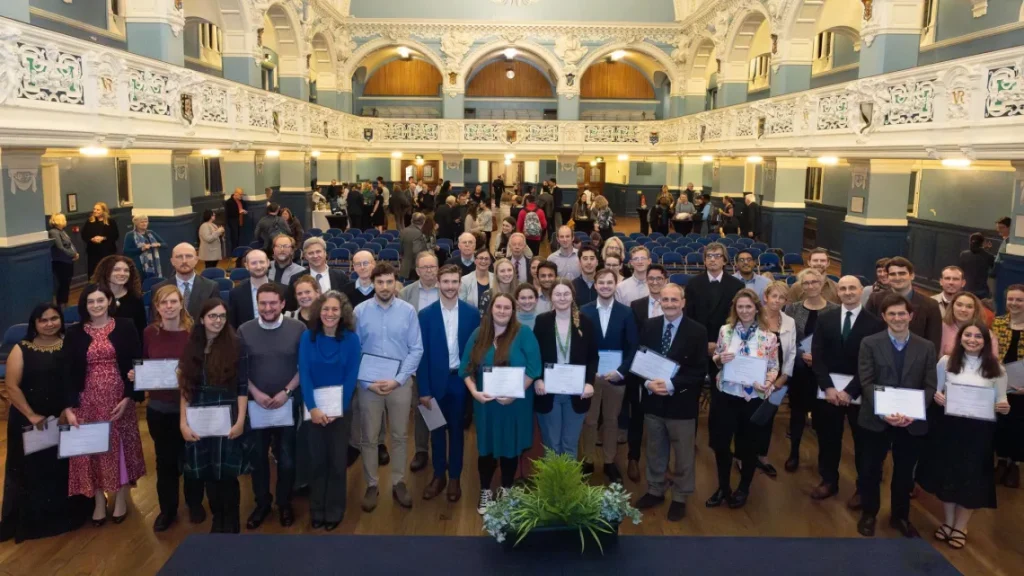
The 2023 MSD Teaching Excellence Awards was celebrated in a ceremony at Oxford Town Hall, on Tuesday 31st October. Prof Norbury is not pictured. He was unable to attend the ceremony…because he was teaching!
